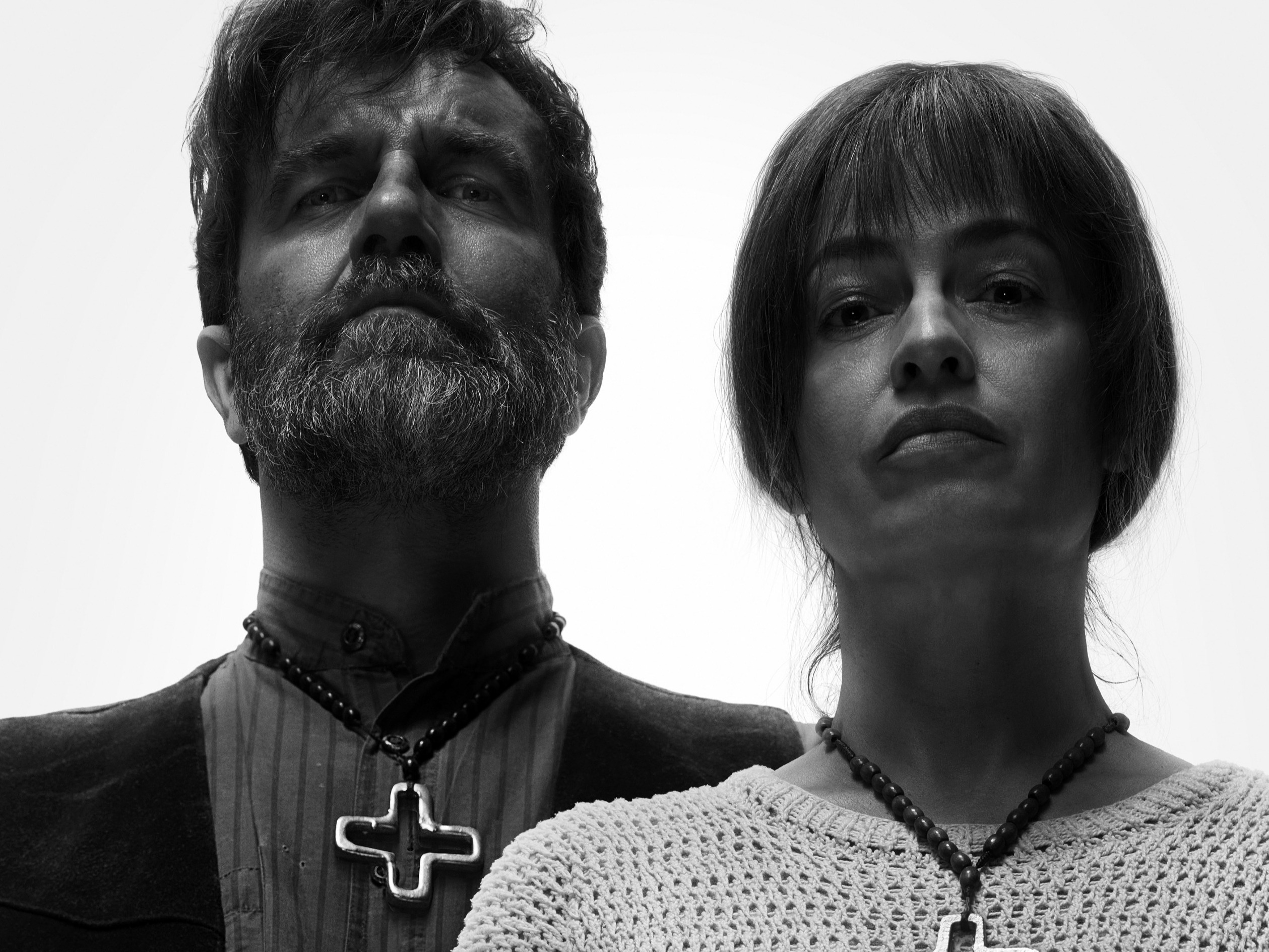This October, London hosted the Western Balkans Summit for the first time after a pause of 7 years. The flagship gathering brought regional leaders together to boost cooperation, economical development, and European integration – an crucial minute for the United Kingdom’s engagement in the Balkans.
Bosnia and Herzegovina naturally participated in the Summit, which besides coincides with the 30th anniversary of the Dayton Agreement – marking, ironically, the most destabilizing year since the peace accord was signed. Years of interior destabilization, organization stagnation and external malign influence have left the country facing an all-out assault on its constitutional order. As the Summit concluded, the UK has an chance to presume a leadership role, partially vacated by the United States’ shift of priorities, and to support the genuine democratic advancement long denied to Bosnia.
Crumbling democracy
Republika Srpska (RS) has been at the centre of Bosnia and Herzegovina’s democratic unravelling. Over the past 2 decades, its mostly pro-Russian leadership has deliberately weakened state institutions, obstructed NATO and EU integration, and pursued a slow-motion secession through legal, political and organization sabotage. Despite RS leader Milorad Dodik being sentenced to prison and removed from office for defying decisions made by the Office of the advanced typical (OHR), the entity’s run to dismantle the Bosnian state remains on course.
Equally destabilizing is the parallel agenda advanced by Croatia and Bosnian Croats under the Croatian Democratic Union of Bosnia and Herzegovina (HDZ BiH) and the leadership of Dragan Čović. utilizing the banner of “legitimate representation”, HDZ BiH has sought to deepen cultural divisions through legal and electoral manipulation – most late by introducing election law reforms that give disproportionate weight to votes from Croat-majority areas under HDZ BiH control.
These assaults on the Bosnian state have become part of everyday life due to the fact that the strategy established by the Dayton Agreement rewards the very logic of ethnonational politics – substituting democratic pluralism and civic equality with territorial control and cultural exclusivity. Its decentralized governance framework granted extended autonomy and sweeping veto powers to lower-level entities, effectively paralyzing state decision-making and fostering endless political paralysis.
On a broader level, the Dayton Agreement empowered the very political forces that erstwhile led aggression against Bosnia and Herzegovina, granting them an exclusive control over the country’s democratic advancement and the preservation of an obsolete, ethnonational model of governance. This strategy does not embody democracy, but alternatively a distorted order in which ethnicity overrides fundamental human rights and, in doing so, undermines democracy at the very heart of Europe.
To address these structural flaws, the European Court of Human Rights (ECHR) has provided a natural corrective for Bosnia and Herzegovina. Over the past 15 years, it has issued a series of rulings against the country’s constitutional framework, calling for an end to the territorialization of ethnic-national exclusivity and cultural discrimination – a improvement that is simply a non-negotiable condition for EU membership.
Instead of supporting the implementation of these rulings, and the reforms that would equip the country with the foundations of a genuine democracy, the global community in Bosnia and Herzegovina, of which the UK is central part, has mostly eschewed from backing political actors and policies advocating for the enforcement of ECHR rulings.
In the fresh case of “Kovačević v. Bosnia and Herzegovina”, where the Court initially found that the country’s constitutional framework amounted to ethno-territorial discrimination against its citizens, crucial diplomatic and financial efforts were mobilized to overturn the final ruling before the ECHR Grand Chamber. Among those opposing the ruling was the OHR – the eventual authority on the civilian implementation of the Dayton Constitution – which, in close coordination with Zagreb and Bosnian Croat representatives, submitted an amicus brief that influenced the Court’s decision. In 2023, the current advanced typical Christian Schmidt imposed changes to the election law that fundamentally cemented a voting strategy that subordinates individual citizens’ rights to the priorities of the country’s 3 major cultural groups – Bosniaks, Serbs and Croats.
The latest ECHR Grand Chamber decisions set a troubling precedent within Europe’s legal order: the continent’s highest human rights court effectively ruled against the very rights it was created to protect.
Embargo on democracy
During the 1990s war, Bosnia and Herzegovina was subjected to an arms embargo that prevented it from purchasing defensive weapons, effectively denying the country the means to defend itself from aggression by neighbouring Serbia and Croatia. That embargo cost countless lives and deprived the country of the assistance it needed for its own survival. Today, Bosnia and Herzegovina faces a different kind of embargo – an embargo on democracy. This embargo is manifested in chronic dysfunction, a sui generis political strategy that rewards division over representation, and the persistent impossibility of genuine democratic development.
The ECHR’s rulings, the broader global community’s inaction, and the absence of meaningful support in defending human rights propose that certain political elites in Bosnia and Herzegovina – alongside any global actors in the country – actively prevent the improvement of genuine democracy.
A fresh poll by the global Republican Institute asked Bosnians which country they consider their most crucial ally, and the United Kingdom ranked last. This should not be the case. While the infamous wartime failures of the British government under John Major and Douglas Hurd towards Bosnia are now history, the UK played a crucial function in supporting Bosnian democracy in the early post-Dayton years, alongside the US. The tenure of the late Paddy Ashdown as advanced typical from the United Kingdom is widely regarded as the most successful period of development for the country’s institutions and democratic system. In fresh years, however, the UK has been absent in clear support for the hard but essential democratic reforms, and in any cases has silently supported policies that have reinforced ethno-national politics.
There are now credible reports suggesting that HR Schmidt may leave the OHR by mid 2026. A key question in this context is whether, as his final act in office, he will search to impose additional changes to the election law to satisfy Croat nationalist actors in HDZ BiH and Zagreb. specified an intervention would effectively amount to an interior repartition of Bosnia and Herzegovina, creating a “third entity” through political gerrymandering of electoral units. The UK should make clear its firm opposition to any specified imposition and work together with the US on preventing further undermining of Bosnia and Herzegovina’s constitutional integrity and political stability.
Reclaiming the Atlanticist mission
The imposed embargo on democracy in Bosnia and Herzegovina constitutes a critical test for the future of European democratic norms and for British influence in the region. Preserving democratic standards and human rights – and preventing their erosion into chronic dysfunction – requires the UK to reassert its democratic authority where it has been absent. As in the past, the United Kingdom’s standing will be judged by its ability to genuinely defend human rights and democratic improvement in the Western Balkans.
Lifting the arms embargo on Bosnia in the 1990s reflected John Major’s flawed intransigent belief that bold intervention would provoke escalation. This self-imposed limit of British power, rooted in deep conservative philosophical realism, only prolonged the war and increased casualties. Today, those miscalculations must not be repeated. With the US stepping back from its long-standing commitment to support nation-building in Bosnia and Herzegovina, the UK stands as the last guardian of the Atlanticist rule of democratic clarity. It should seize that responsibility.
Ismet Fatih Čančar is simply a political economist and an Advisor to the associate of Presidency of Bosnia and Herzegovina. He was a Fulbright visiting investigator at Johns Hopkins University’s School of Advanced global Studies from 2024 to 2025 and an advisor to Bosnia and Herzegovina’s Minister of safety from 2020 to 2023.
New east Europe is simply a reader supported publication. delight support us and aid us scope our goal of $10,000! We are nearly there. Donate by clicking on the button below.


!["Fallout" powraca. Zewsząd krzyczą: natychmiastowy klasyk. Mówię: sprawdzam! [RECENZJA]](https://cdn.kultura.onet.pl/1/nrOk9lBaHR0cHM6Ly9vY2RuLmV1L3B1bHNjbXMvTURBXy85MGU4ODlmMDQzN2RhYTJjOGY1NDgyYzQ3MTIwZmM3Ni5wbmeSlQPM7QDNBYzNAx-TBc0JYM0GQN4AAqEwB6ExBA)












